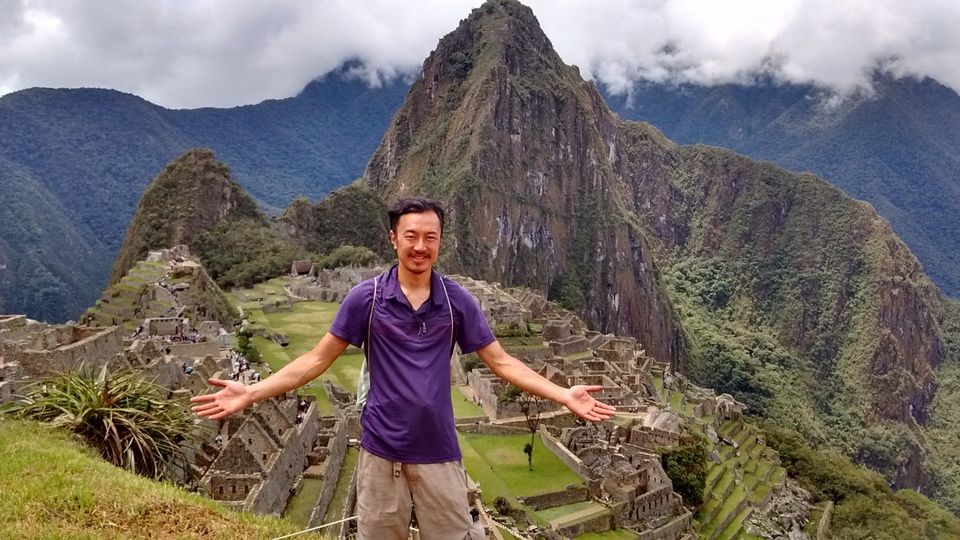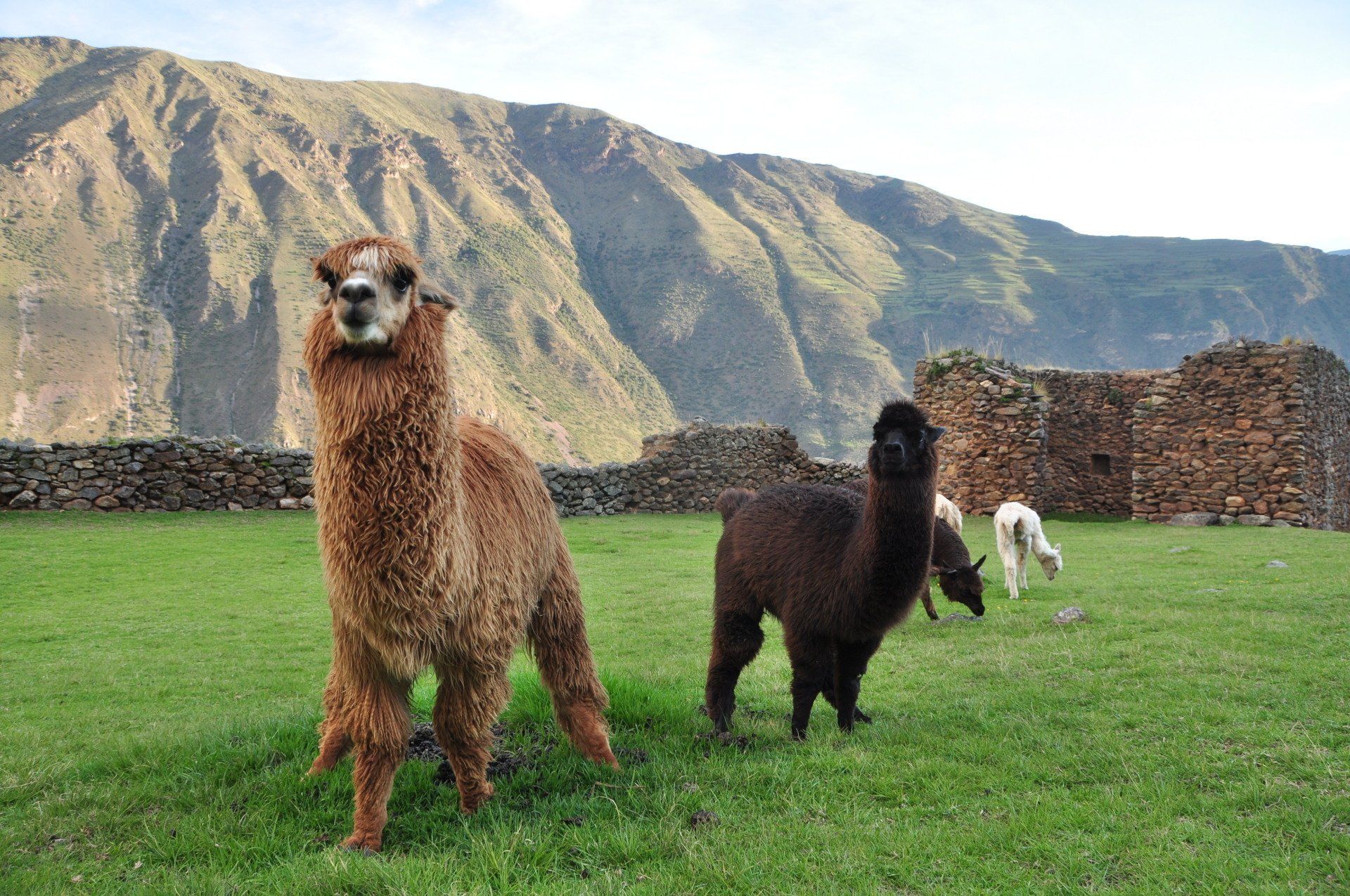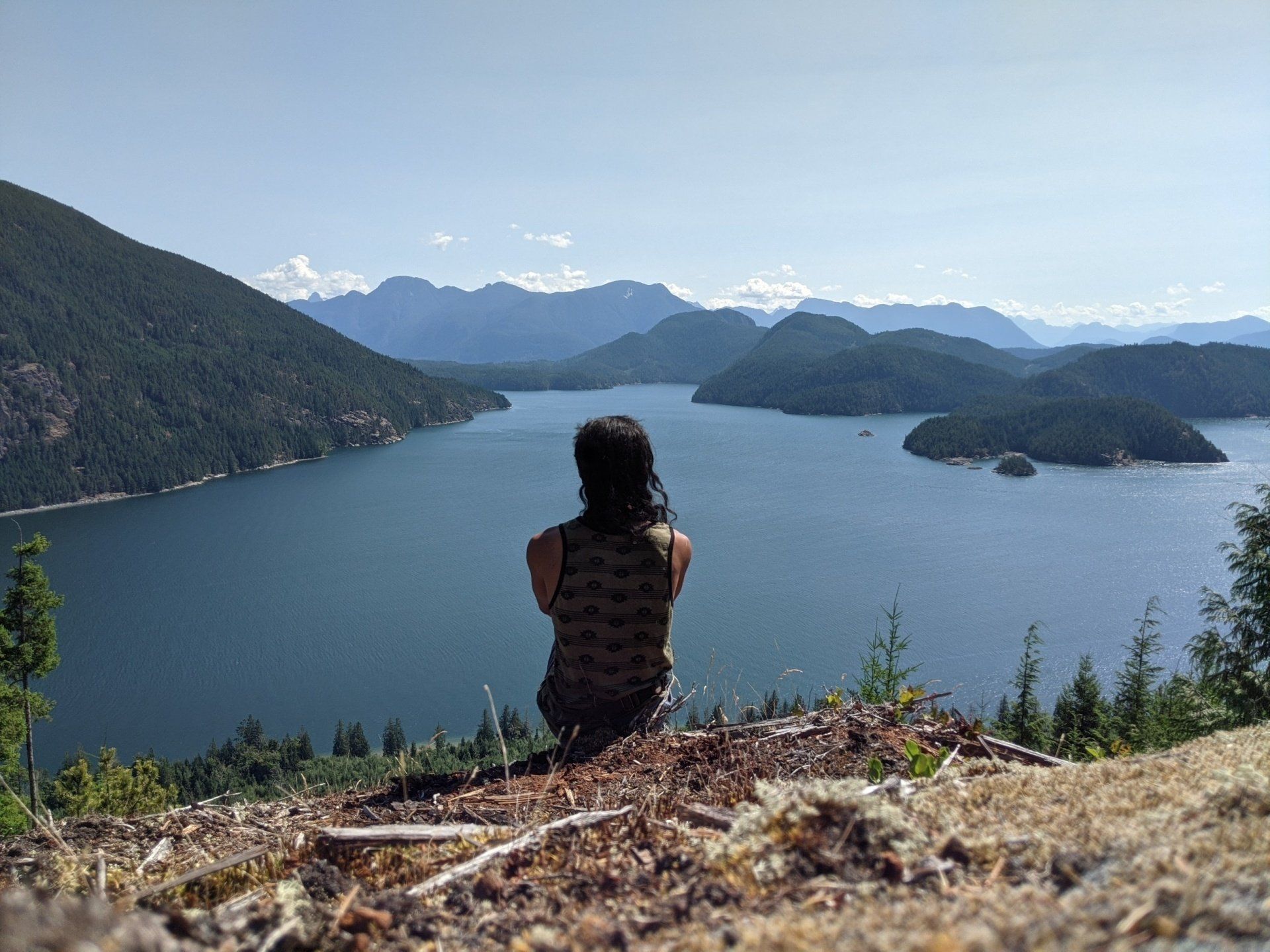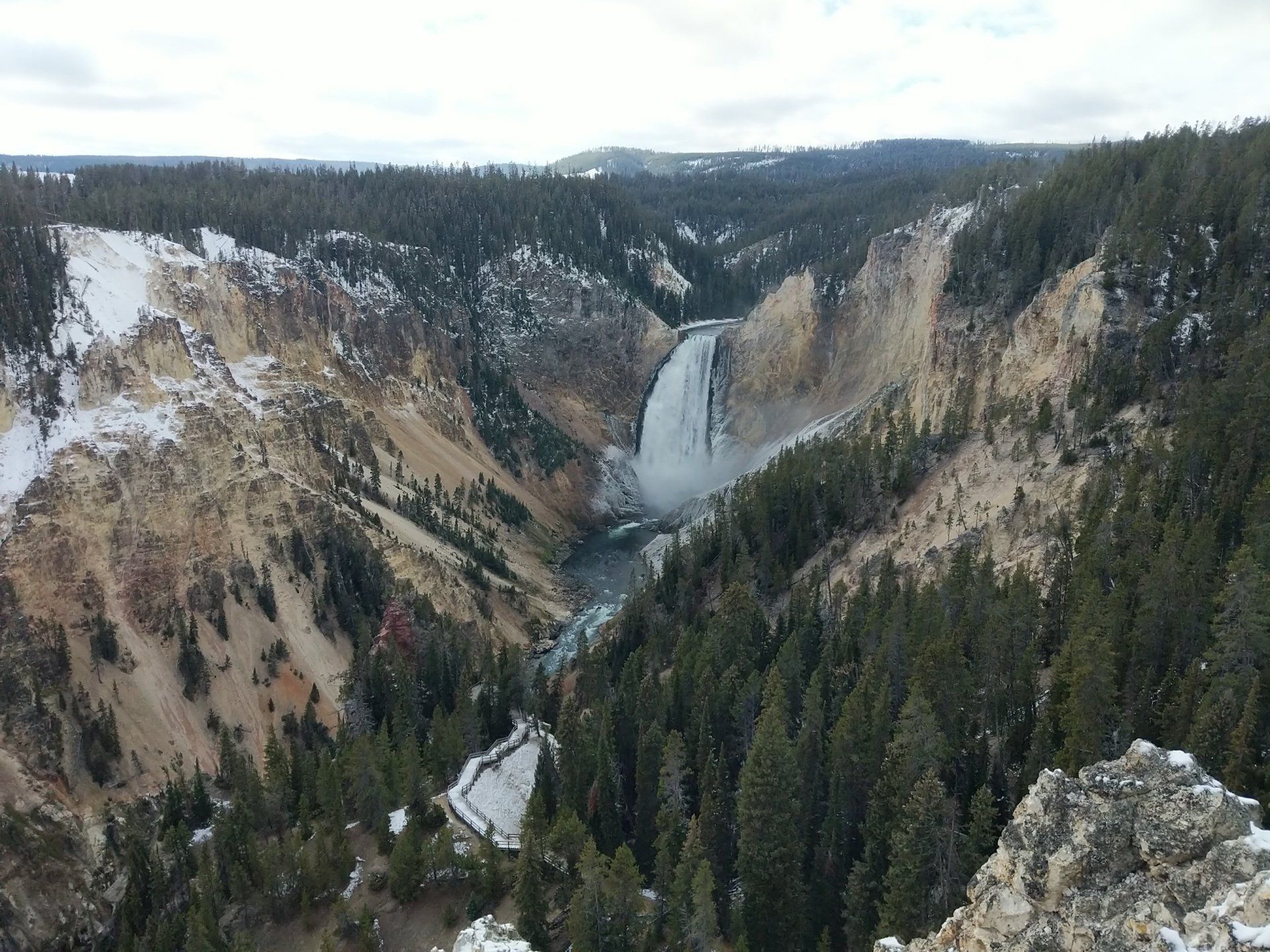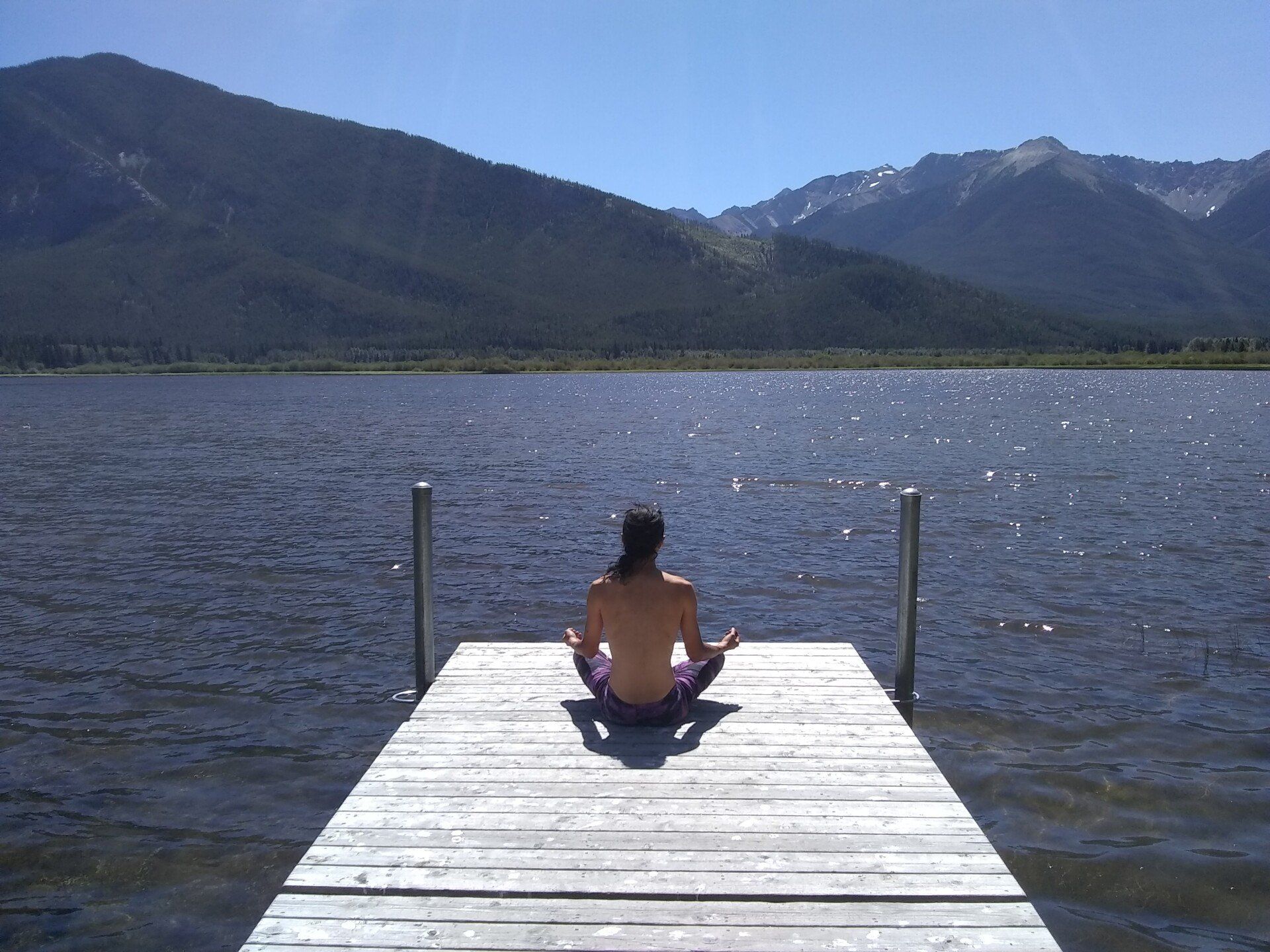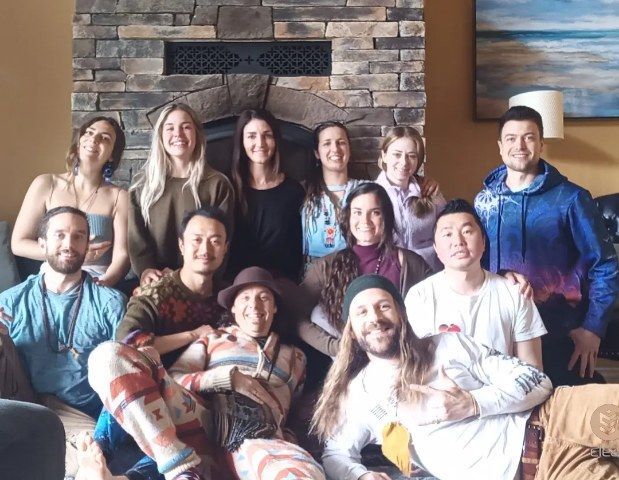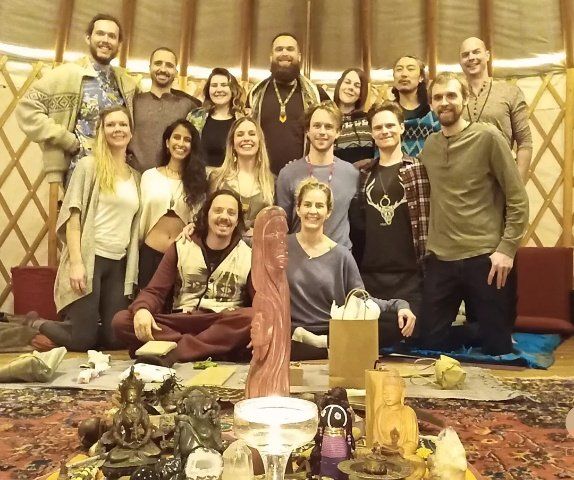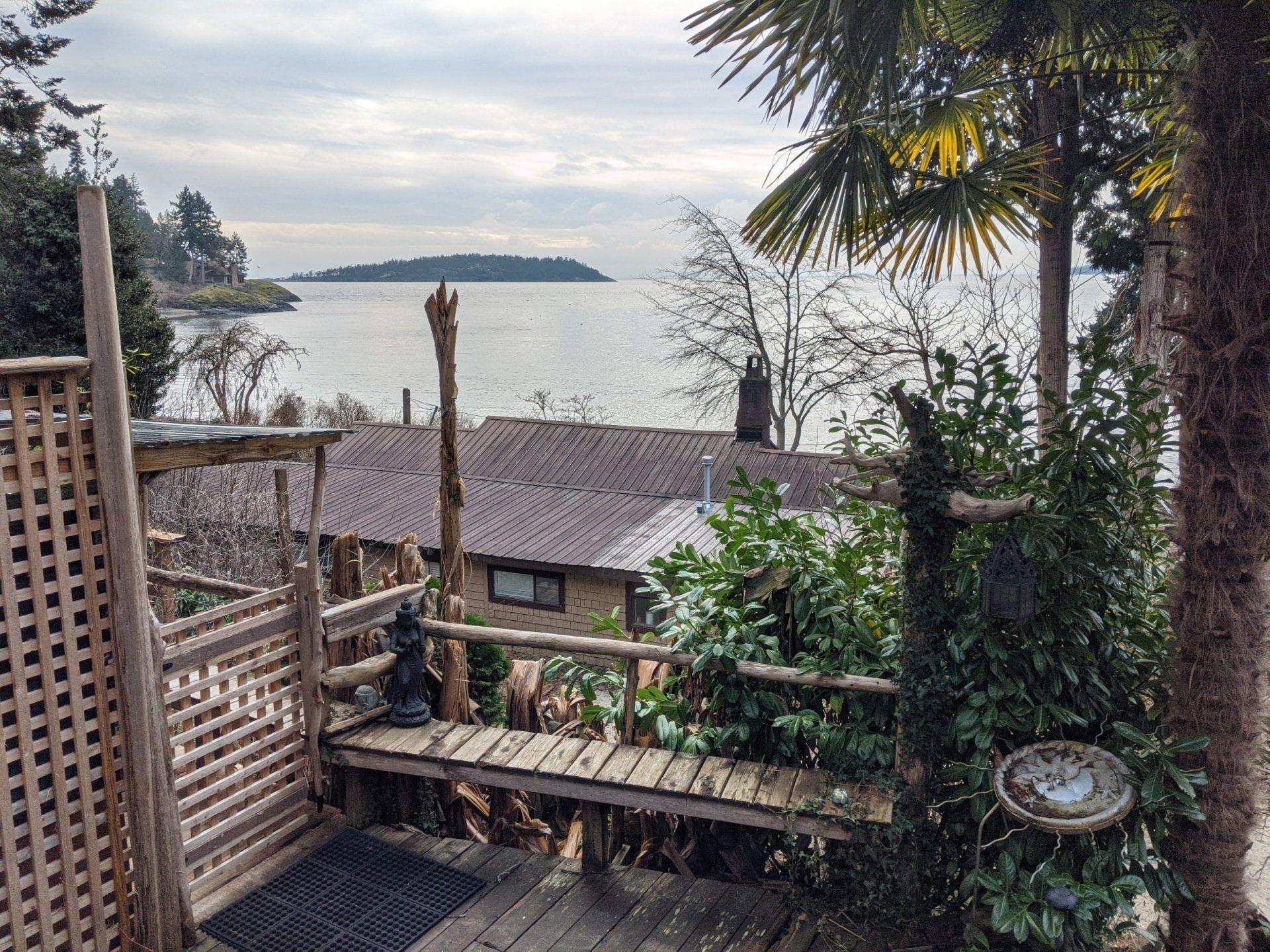Watch Your Love Miles - The Catch About Flying
Andrew Lee • January 2, 2020
We've not been told to reduce our worst carbon emitting activity - flying
Originally published January 2020
It's the holiday season, which is a very common time to fly to see loved ones. I was Skyping into a 2020 New Year's Day family gathering and my grandma told me, "I miss you. When are
you going to come home?" Unfortunately for my family, I have decided to stop flying the rest of my life, if I can help it.
I first heard of the concept of love miles a few years ago. It is the concept of incurring mileage to see loved ones through flying.
At that point I had already started wondering about the carbon footprint of all our activities, even ones we don't talk about as much, such as flying and internet usage (apparently one Google search requires as much energy as boiling a cup of tea!). Then in mid-2019 I read how an average American couple took one round trip flight, and that one activity made up about half their annual carbon footprint.
The point really hit home: flying is probably the most intensive carbon footprint activity we engage in.
It's nice that we've been given choices on how to live more sustainably by, say, turning the lights off, taking less showers (I haven't taken a proper shower in 4 months), eating more locally (I dumpster dive or "urban forage" when I can), eating less meat (I do this about once a week), or by alternative commuting (I rode my bike to school and work in 2019).
But we've not been told to reduce our worst individual carbon emitting activity of all - flying.
Why is this?
Maybe because flying has become so common in developed society that it has become ingrained in the culture. Maybe because those that fly are so used to it, they're no longer able to give it up, or admit to their environmental impact. Maybe because it is extremely profitable for the airline industry and all collateral industries.
Flying is seen as a luxurious activity that makes traveling the world, accomplish business and going to weddings and family reunions accessible like never before. People brag about their flying around the water cooler. "Guess what I did for the holidays? I flew to Bali!" People are similarly guilt tripped into not flying out to visit their friends and family. "Why didn't you come to my wedding?"
It's true. I have missed most of my friends weddings. And I have not been home in about one year now, after driving one week halfway across my vast country of Canada, from Toronto to British Columbia.
Do I feel guilty about this? I can't help but feel a little. But I keep looking at the bigger picture and can no longer justify flying in my life.
I have been very fortunate - looking at the big picture of my friends and family, I've done more traveling than most of them ever will. Looking at the global picture, I'm fortunate just to be able to step on a plane once. But now that I carry the awareness of the impact of flying, I can't step on a plane knowing that that one flight I take will contribute significantly to my carbon footprint, in an era when climate change is wreaking havoc on our environment.
My previous flight was in 2017 and I hope it can be my last. I've since adapted beautifully to my pledge - I've had several amazing road trips around Canada. Road trips are an amazing way to travel - a much lower carbon footprint, while engaging in slow travel, a movement to reclaim a more immersive way of traveling by avoiding flying and country hopping. And I do still plan on long distance traveling - my last great journey will be to hitchhike a sailboat to Eurasia, cross overland to the other side, then hitch a sailboat back to North America. After that I think I'll be ready to settle down, hopefully tend to land and foster community.
Please understand this is my own decision. Please don't judge me, and understand I'm not judging you. I'm not asking you to stop flying like me and hitchhike sailboats. I'm simply sharing my story to spread the awareness of the impacts of our actions. If we all had awareness of every single one of our actions and its impact on the bigger picture, I think we'd be doing a lot of things differently. Awareness can be a burden but it's also a responsibility and duty incumbent upon us in this day and age, where our decisions have a global impact, all the way from flying to buying an avocado at the grocery store.
Just like the rhetoric and culture have slowly changed over several generations regarding cigarettes, and more recently, over eating meat, the same thing I'm sure will happen someday regarding flying. Perhaps in the future, people will be guilt tripped into flying instead of the other way around.
(PS. I have also read that flying as a technology will take a very long time to make a leap to becoming sustainable. Gravity is a huge force to overcome)
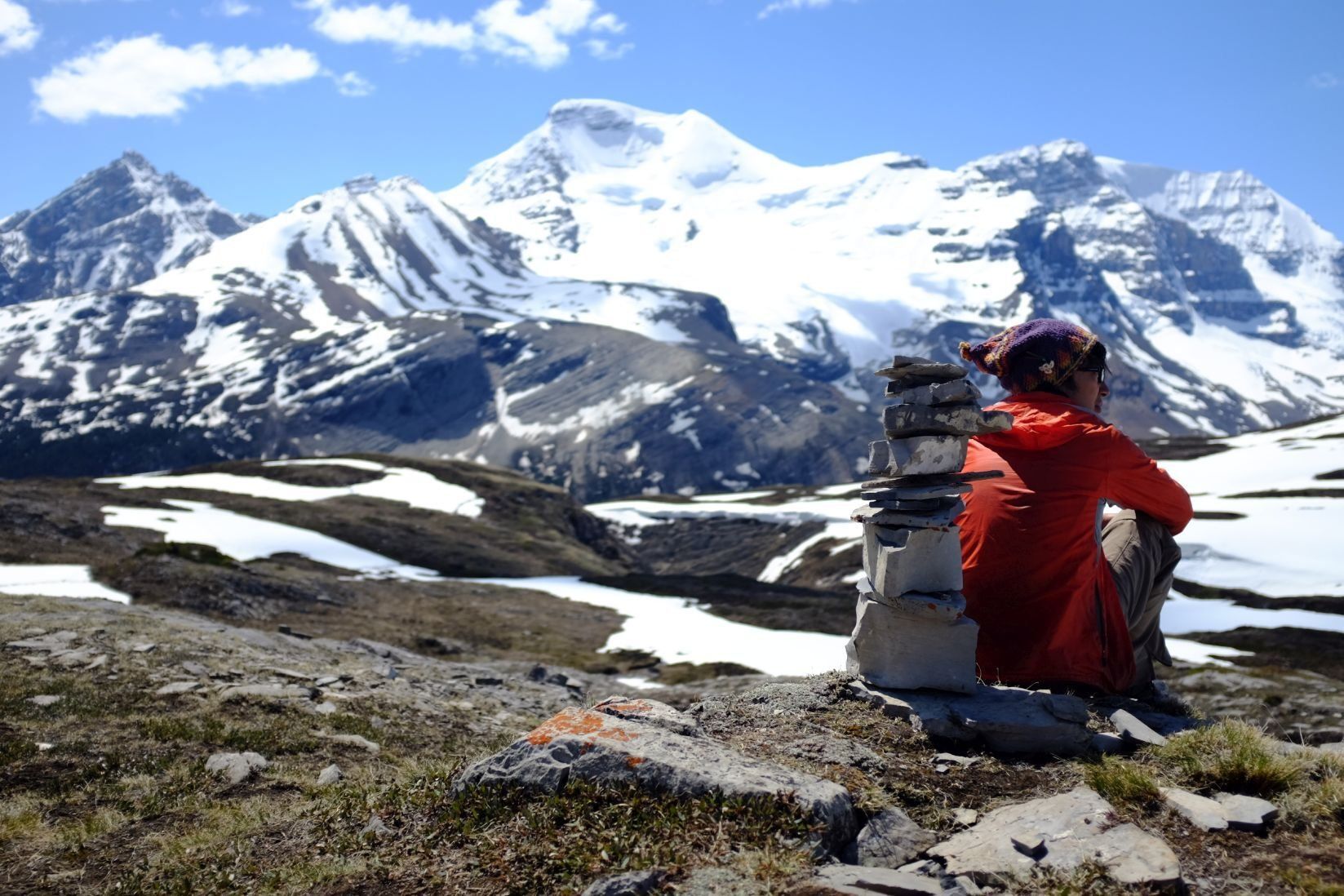
"People shouldn't be afraid of their governments. Governments should be afraid of their people." This phrase from my favourite movie alludes to the fact that the people should be the prevailing force that keeps their government in check. At some point a government becomes too big and starts looking after its own interests, no longer serving the needs of the people it was created for. Governments have long been the dominant organizations of the 20th century. In the 21st century technology corporations are eclipsing governments. Rapidly advancing technology has increased not only the influence of these national and multinational organizations, but their ability to monopolize even more power. When organizations reach a certain size, just like governments, they no longer act to serve the people, but their own interests. T here are plenty of examples of this throughout history. Facebook was recently exposed, when a former employee and whistleblower testified to the US Senate that the company repeatedly faced conflict of interests over profits versus reducing division, and always put profit first. Polarization for Profit How was FB able to do this? Typically if a company was exposed for not serving its customers' best interests, customers would take their business elsewhere. But with social media, there is almost nowhere else to go. FB has cornered the market, and intentionally bought or squashed competitors to cement its dominance in the space. Undermining free market principles has allowed FB to serve its own interests over the interests of its customers. They are maximizing their profit by allowing dishonest science to go viral, and allowing divide and conquer to occur. Facebook isn't the only big tech company guilty of this activity. Google, Microsoft and Apple have been sued for antitrust actions . And big tech isn't the only corporate sector valuing profit over people. Nearly all the largest corporations are guilty of some sort of fraudulent behavior, whether it's big oil, big pharma, big agriculture or big food. Governments are not only complicit in allowing corporate abuse to occur, they are often hand-in-hand with corporations and mainstream media. I've seen this first-hand with my experience at the Fairy Creek Blockade , the largest act of civil disobedience in Canadian history, preventing old growth logging on Vancouver Island. On the ground at Fairy Creek I've witnessed a coming together of some of the most beautiful and inspiring humans, passionately protecting the environment against corrupt political leader Premier Horgan, who went back on his word to stop old growth logging. In the news, however, there's little to no coverage of the events, and what coverage there is, is highly skewed against the protesters. It was here where my direct experience caused me to lose faith in mainstream media, and to see how they are under the sway of existing power structures. To see how they would take certain photos or video snippets and portray them in a different light, to make protesters appear irresponsible or incompetent. Or to portray the Premier's words and actions as if he was resolving the issue, when in reality he was deceiving the public. The Psychology of Polarization So why, on a psychological level, is polarization catalyzed by social media? It's quite simple really. Technology has eroded the quality of communication between people. There is a richness to face-to-face communication that cannot be conveyed. Studies have shown that 90% of communication is nonverbal (body language and voice tone), meaning only 10% of communication is through words alone. Words alone are such a poor quality of communication that they do not properly express the author's full meaning, and are too easily misinterpreted by the reader due to their own biases. This is especially true with words on a screen, transmitted through instant messages or social media posts. And yet it has become the most dominant form of communication due to its convenience. How many times did you misinterpret a text or a social media post, and respond with a critical comment? How often did this needlessly escalate into a full blown conflict? It happened quite a bit in the past with me, and I eventually learned to resolve disagreements with a phone call or meeting face-to-face. Unfortunately, too many people rely on texting because they have gotten too used to it and have lost their ability and initiative to resolve conflicts in person. Humans are still wired for face-to-face communication, and this is particularly necessary when resolving conflicts. Today, we are creating conflicts through texting and comments on social media posts. This is a recipe for disaster, a vicious cycle of misinterpretation where one comment blows up into massive conflicts. And, as mentioned in the previous section, Facebook is aware that this is happening on their platform, and instead of working to resolve it, they are exacerbating the problem. But the sole goal, the very existence of a corporation, is profit. Any non-financial consequence is a mere externality. Bridging the Communication Gap Seeing the bigger picture isn't easy. It takes a trauma-informed understanding of how the world got this way, in order to move forward with nonviolent solutions that bring people together, not further apart. The majority of people are living in fear. Their nervous systems are constantly in hypervigilance, meaning they are on edge, ready to engage in fight or flight. Showing them disagreeable information will only trigger their fight or flight, and potentially start a vicious cycle of arguing. People living in this way carry a narrowed perspective, focusing only on survival, and are thus unable to see the bigger picture. In order to engage with people on the other side of the coin, social media is not the answer because its low quality medium of communication creates further division. What's needed is the exact opposite . The one antidote in a time of such extreme polarization and division is face-to-face conversations with those we disagree with. This is also exactly what is being discouraged by the pandemic. Mask mandates have undermined our ability to see and read facial gestures. Closures of small businesses and gathering places have prevented the opportunities for holding the gatherings and face-to-face conversations needed to bridge this gap. It is critical to be able to spend time with people we don't know in order to break down each other's walls, and eventually feel safe sharing information without feeling antagonized. The Way Forward More and more people out there are realizing deep down that not all is as it seems. If I have a plea to you, it is, against all odds, to take the courageous step to gather with people and have face-to-face conversations again. If you can do this with people you already feel safe with and who share your views, then do this with people who you don't agree with. Start by smiling at strangers outdoors. Engage in friendly conversation. Unmasked people have been framed as antagonists. If you are brave enough to go into indoor businesses without masks, smiling at people completely disarms their hypervigilance. This is exactly what I have been doing, and the vast majority of my interactions have been positive or innocuous. I've had people smile back at me and acknowledge my bravery, and others follow my lead and take off their mask. Unmasked and smiling, you are a shining light, a warrior. You are an inspiration to others who sense something is wrong but are too afraid to act out against the narrative. Even if you have confrontations, smiling and holding your head high, proves to the confronters that you are a compassionate individual. Not only are you disarming the narrative, but you are disarming nervous systems. I certainly have had a few business owners ask me to put on a mask or leave, and obliged their concerns with a smile. If conflicts occur through your social media platforms, engage directly with others through phone calls or voice messages. This has been my most effective tool for deescalating conflicts. However, I choose phone calls and voice messages over texting more and more often these days in general, because my friends and I value the richness of expressing in voice and hearing each other's voices. Polarization is one of the greatest invisible threats to society, preventing people from uniting in action against tangible and urgent threats. It is up to all of us individually to overcome these barriers, through gathering and having face-to-face conversations again, with those we do and do not share views with.

